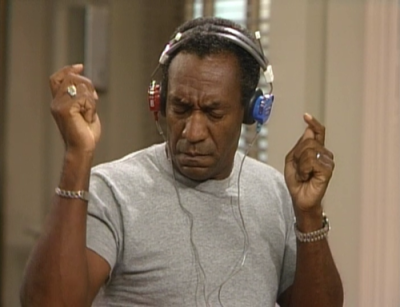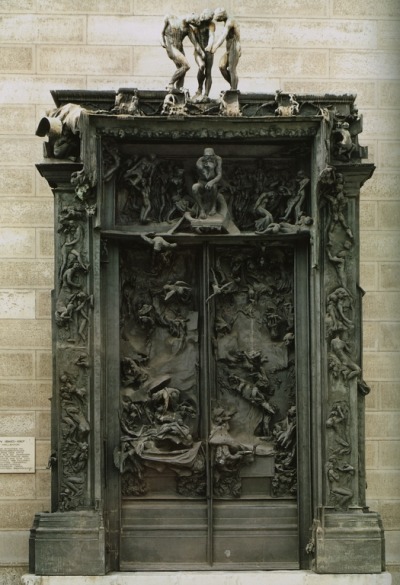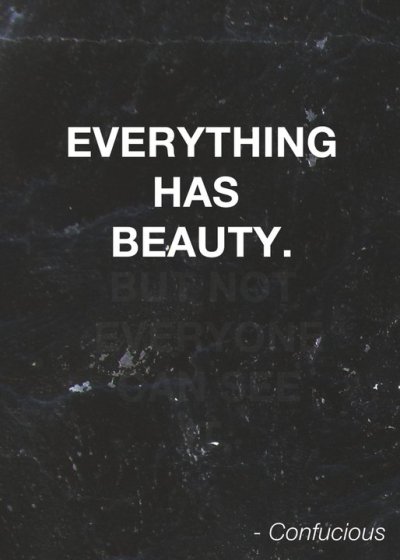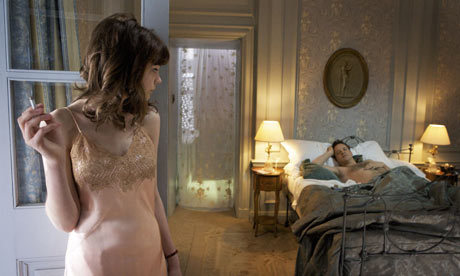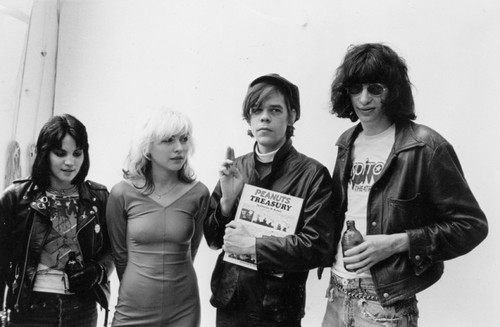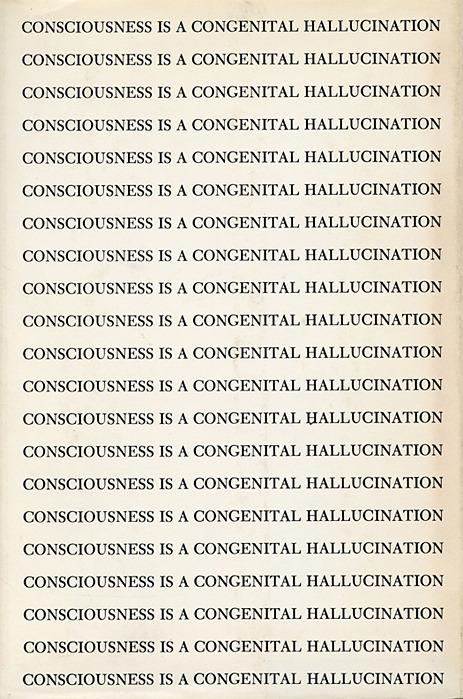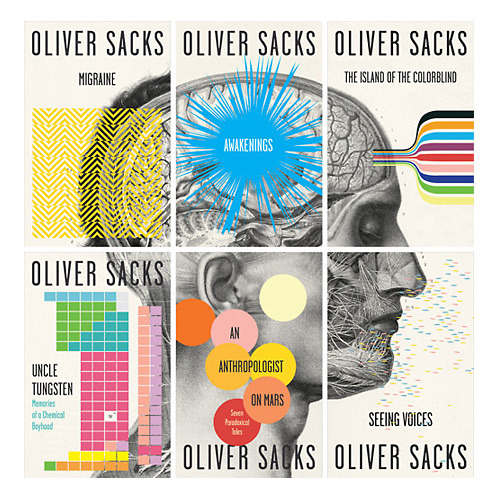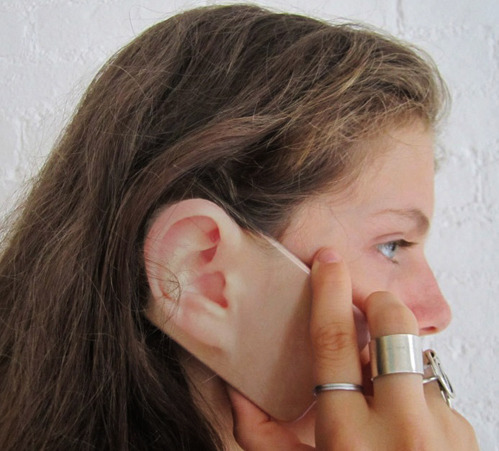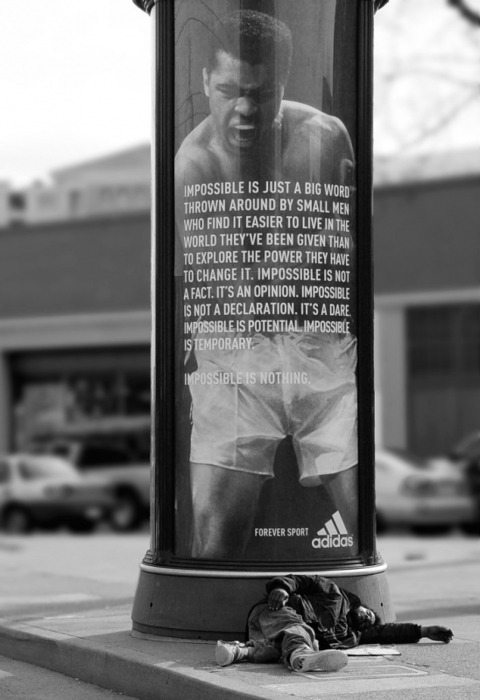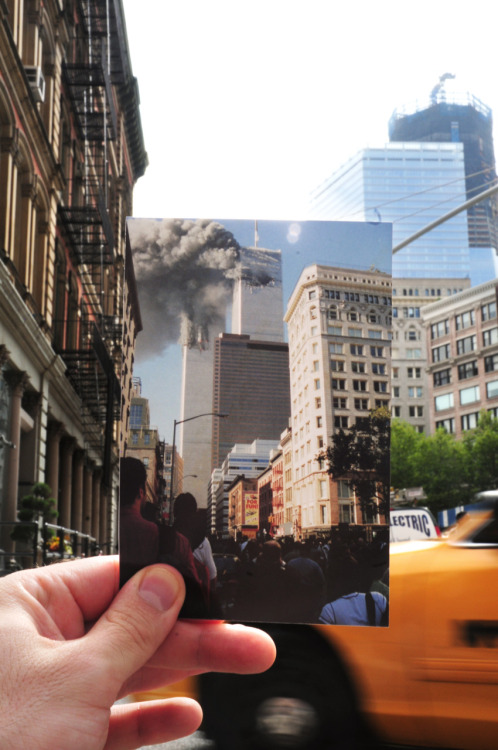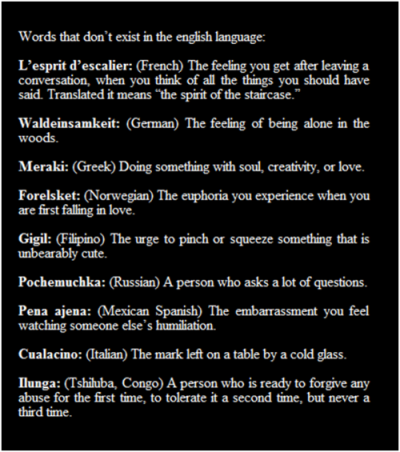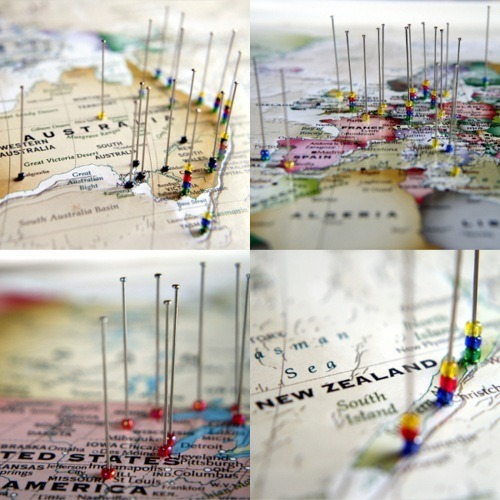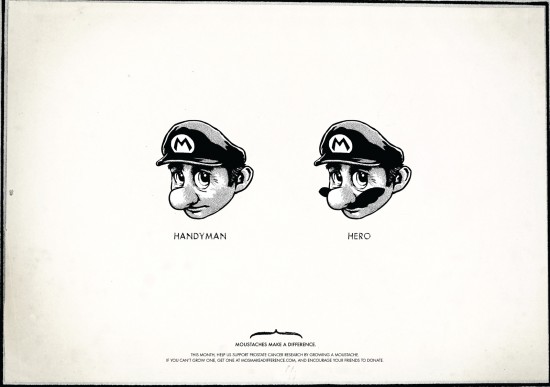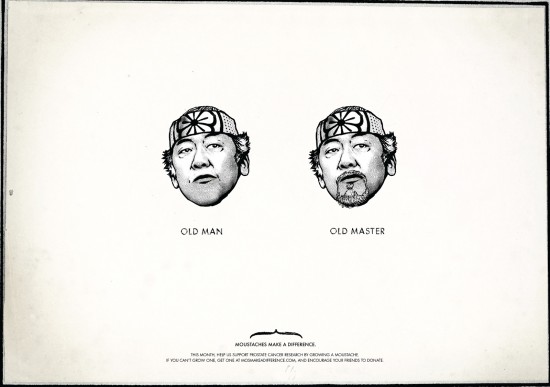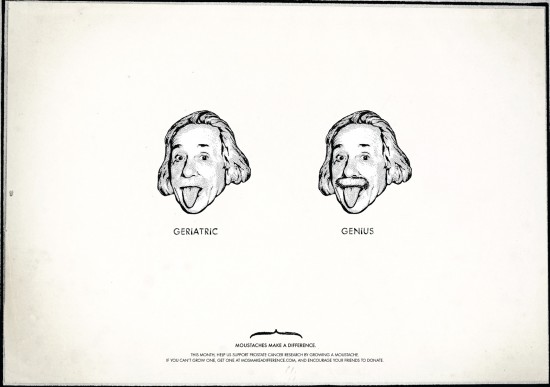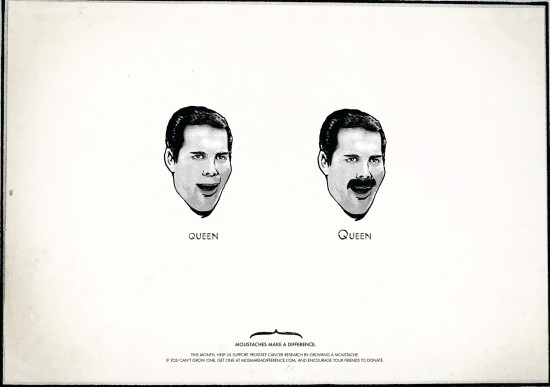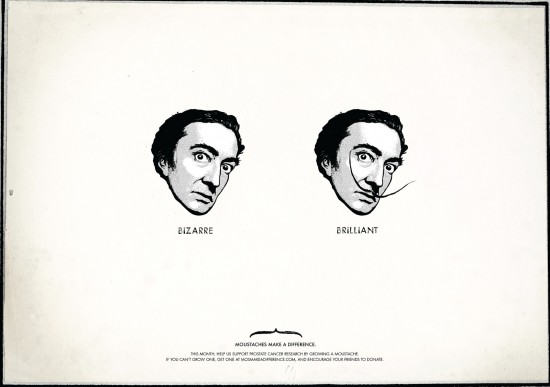Sunday, September 25, 2011
Saturday, September 24, 2011
Tuesday, September 20, 2011

White Walls, Consumerism: When my friend Joanne McNeil asked me about my thoughts on the origins of whiteness as signifier of high-tech. I ignored any associations to traditional cultural meanings (death, life, good, bad, purity, what-have-you) and biology (teeth, rice, ivory) and instead challenged myself to look at technology as an historical artifact of modern science. It did not occur to me until after the English riots were disparaged as “shopping riots,” and just as I experienced the heady consumer-high from my first new cell phone purchase in over five years - a white iPhone 4 - to look at it Whiteness an artifact of consumerism.
What Joanne was asking me about was the exterior whiteness of consumer electronics - this is very different from the interior whiteness of control rooms and linen undershirts - it is more akin to the exterior whiteness of the earliest experiments in Modernist architecture and the white dresses worn by nurses. The whiteness of my new iPhone is not an expression of my personal aspirations - there are millions of other people with the exact same phone. The whiteness is an expression of a public aspiration. To borrow a term from Jean-François Lyotard the “narrative knowledge” that girds consumerism is not too different from the metanarratives that gird “scientific knowledge.”
While Republican candidates are more than happy to pander to a crowd that cheers the death of someone who can’t afford health insurance, but most Americans to not want to believe that their gain comes at someone else’s expense. The American dream which is the “master narrative” of consumerism was never a simple promise of personal progress; of “I get MINE, and to hell with you.” What fun would a jetpack be if you had the only one? It would be almost as worthless as owning the world’s only fax machine. If you are king it might be cool to own the only one of something, but in a consumer society you would look like a bigger jerk than a Segway owner. I didn’t buy an iPhone because no one has one. I bought one because everyone I know has one. That means I have lots of people to tell me what the best apps are and to share the features of the phone.
Americans might dream of having a good job that enables them to own a nice car and a charming house in a pleasant place, but an element of that dream is that they are not alone in that pleasure. That along with millions of others, they are enjoying luxuries that once only a few kings might have hoped for. The dream was never to exclude that wealth from the rest of the world, it was explicit that billions more people would someday soon enjoy the justice, stability, mobility, and material pleasures of modern life. Millions of Americans fought and died for that dream in the twentieth century. In the 21st they were convinced to fight an enemy that “hated their freedom.” It is not clear to me that they would have fought to keep their big cars and cheap fuel prices if that had been the justification that had been given.
It was clear this summer that the super-rich consumer elite have abandoned the “we” aspect of the American Dream. It is not at all clear that consumer culture can survive without it. No matter what wonder scientific progress is able to deliver, it is meaningless if it is attached to a dream that no one buys. Whatever else high-tech whiteness is, it would be a truly tragic thing to be nostalgic for.
Wednesday, September 14, 2011
Tuesday, September 13, 2011
— SRI NISARGADATTA MAHARAJ
Coeur de Pirate — Wicked Games (The Weeknd cover)
Sunday, September 11, 2011

